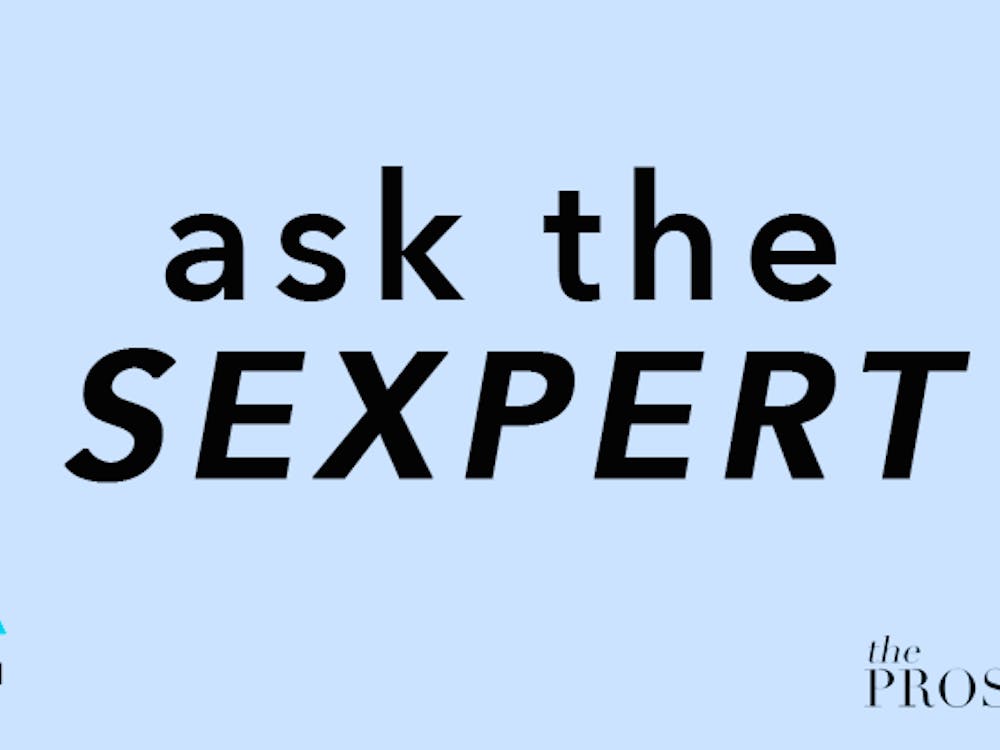Dear Sexpert,
I am currently taking birth control because I am sexually active, and the pill has been my contraceptive of choice since I started. However, I have heard of a lot of women are rushing to get intrauterine devices instead because they are worried that a repeal of the Affordable Care Act will make birth control too expensive. This way, they can charge the IUD to their insurance now and avoid purchasing new contraceptives for the next few years. Is this a good idea? Can I get an IUD at McCosh?
— Concerned (Birth) Controller
Dear Concerned Controller,
You are correct that a lot of women are opting for IUDs due to both the changing administration as well as an increased interest in long-acting reversible contraception given its high levels of effectiveness and less possibility for user error. Cecile Richards, president of Planned Parenthood, reported that the organization is seeing a 900 percent increase in people trying to get IUDs from Planned Parenthood healthcare centers.
An IUD is a small device inserted into the uterus that prevents pregnancy and can last for up to 12 years. It is safe, effective, and long lasting, but it must be inserted by a healthcare provider and may cost up to $1,000 if paid out of pocket. There are, however, numerous advantages and disadvantages to IUDs that should be considered before making your decision. Just because many other people have decided to obtain IUDs does not mean that it is the right decision for you. IUDs are completely reversible once your healthcare provider removes the device, and IUDs that include hormones can be used to lessen the discomfort of periods. Alternatively, copper IUDs provide a non-hormonal option that is still extremely effective and can be used as a form of emergency contraception if inserted within five days of unprotected sex. Additionally, IUDs do not get in the way of penetrative sex — most partners report not feeling it at all.
You should be aware that IUDs have been known to cause side effects, especially during the first three to six months. These side effects can include mild to moderate pain when the IUD is put in place, cramping or backaches for a few days after insertion, spotting between periods, irregular periods, or heavier periods and worsened menstrual cramps. IUDs also don’t protect against sexually transmitted infections and can very rarely cause more serious problems, particularly in women with prior conditions such as certain types of cancers or STIs.
You should always consult your doctor first to determine if an IUD, and which type, is right for you. The political context can be relevant to all sorts of medical decisions, but don’t forget that your personal medical context, the advice of your healthcare provider, and your own lifestyle should all come first. If you are not considered at-risk for serious complications, the IUD is a fantastic contraceptive option, but be sure to consider all of the factors with your provider before making a decision.
Regarding insurance, if you are on the Princeton University Student Health Plan, there are no foreseeable changes in current coverage, including contraceptives. If you are covered by private insurance (e.g., your parents’ insurance), you should consult with your insurance provider to ensure you know your costs associated with contraceptive options.
We’re not sure what will happen with the ACA yet; regardless, you can get an IUD at McCosh Health Center. Make an appointment for a consultation with a provider at Sexual Health and Wellness by calling 609-258-3141.
— The Sexpert







